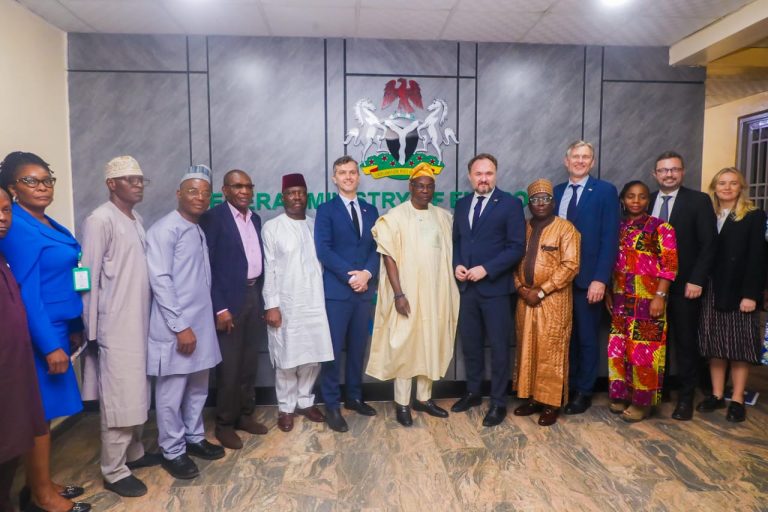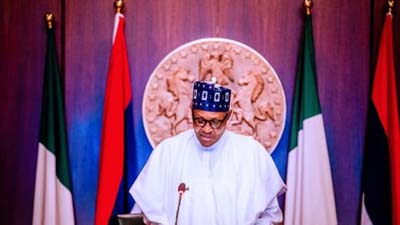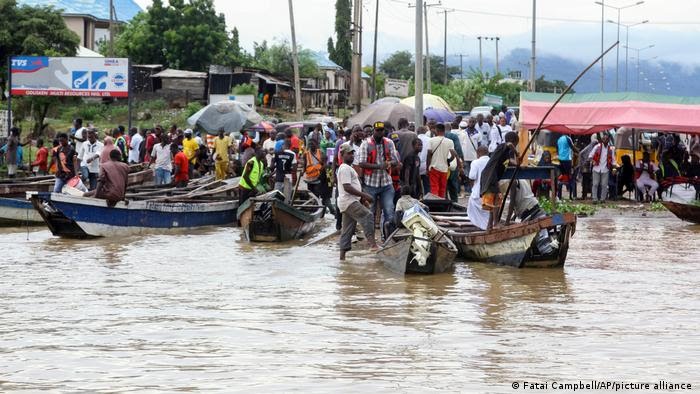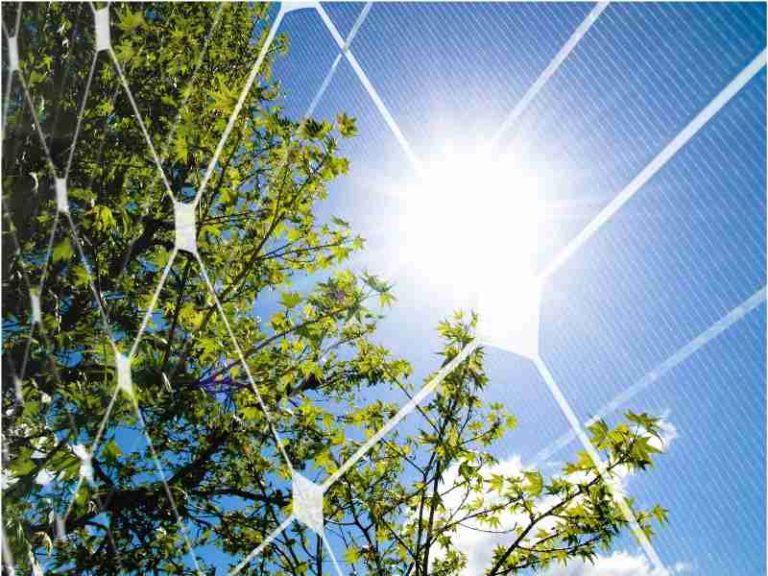
Climate action vital to global security
COP28 must shift the world into higher gear. The EU is committed to pushing for the phase-out of unabated fossil fuels and all fossil-fuel subsidies

COP28 must shift the world into higher gear. The EU is committed to pushing for the phase-out of unabated fossil fuels and all fossil-fuel subsidies

It has been a remarkable journey since 1991, but it is time for the world to finally recognize our extraordinary resilience, progress, and the urgent need for international support.

The event aims to foster partnerships, drive innovation, and explore solutions that will propel India’s energy sector into a sustainable and vibrant future.

Nigeria and Denmark have a long history of cooperation and have a lot to learn from each other.

One pressing dilemma that Nigeria faces is how to allocate resources between debt servicing and disaster response in the face of a changing climate.

The President also approved the deployment of staff from key Ministries, Department and Agencies (MDAs) to the Council to ensure its effective take-off.

Nigerian President Muhammadu Buhari has ordered 12,000 metric tonnes of food items from Nigeria’s strategic reserve for communities affected by catastrophic flooding last week.

“Yet even as the climate crisis accelerates, Africa needs to close its huge energy access gap and achieve its development goals.”

The three-day Forum brings together thought leaders across different sectors and industries in this unique Event highlighting environment and development climate change impacts and solutions including adaptation and mitigation measures in several sectors. Themes to be discussed include clean and renewable energy, sustainable development, ecological conservation, biodiversity protection, CO2 emissions control, food and water security under climate change, as well as sustainable transportation and cities.

We keep hearing about climate change this, climate change that, but what is climate change really, and more importantly what are its effects on everyday life? Climate change refers to long-term shifts in temperature and weather patterns. This shift may be natural but over the last one hundred years human activities have been driving this change rapidly.